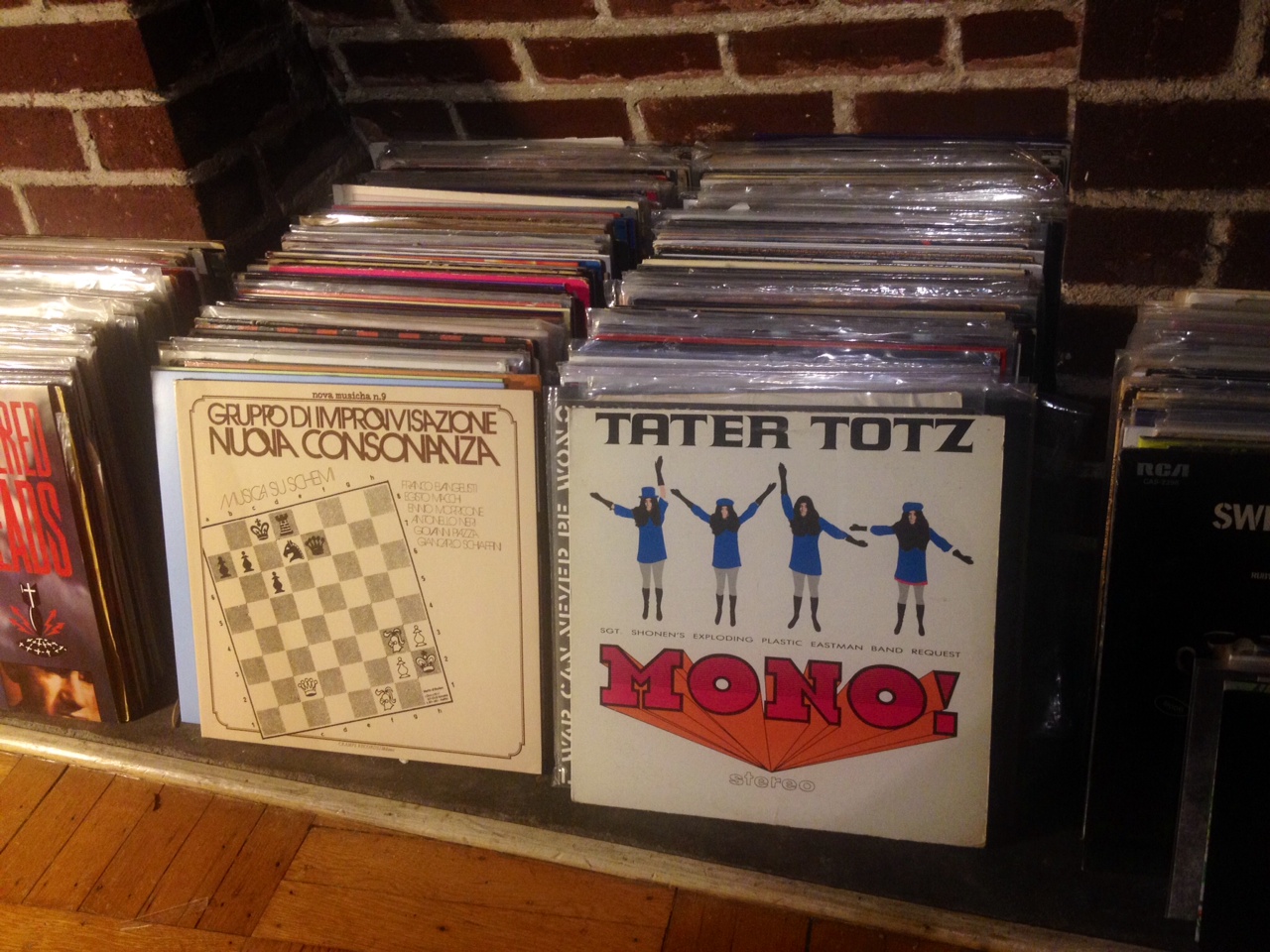2. Favourite Record

In her essay "The irreducible complexity of objectivity," the philosopher Heather Douglas has argued that the word "objectivity" can be understood in at least eight distinct senses, none of which are equivalent to each other, and all of which are, as she puts it, "operationally accessible." You could say the same about the word "favourite", breaking it down into some of the many things it could mean: Does favourite mean "had a powerful impact upon my personal sense of what music can be"? Does favourite mean "record that I loved with the greatest subjective intensity at some significant moment"? Does favourite mean "strikes me as most successful as a work of art now"? Does favourite mean "record that I have listened to with the greatest numeric frequency of plays over time"? Does favourite mean "record whose cultural survival I long to ensure against tough odds"? Each of these distinct possible senses of "favourite" prompts some basic objection or other: Why would the contingency of one’s influences matter to others in the first place, or be reliable in hindsight? What does "success" mean when we’re talking about artworks? How could the intensity of an aesthetic experience be measured? Why would the frequency of playback necessarily correlate to quality? When cashed out in any of these particular senses, "favourite" is thus worryingly unclear. Taken collectively, the sheer incommensurability of these various definitions, and the unlikeliness that a single word could ever rope them together, suggests to me that the very concept of "favourite recording" is doomed to fatal incoherence, and would be best abandoned.


